When it comes to motherhood, we all know it takes a village. But honestly, as women, we could all use a village to navigate life’s transitions—from menstruation and fertility to menopause and every other aspect of women’s health. Surrounding yourself with a supportive community that educates, empowers, and uplifts you is key to feeling your best.
No one knows this better than Michelle Kennedy, founder and CEO of Peanut—a platform that connects women and provides a support system for those navigating milestones like fertility, pregnancy, menopause, motherhood, and more. Part of her driving mission is to dismantle misconceptions and taboos surrounding women’s health, bringing them to the forefront with open, honest conversations. Only that way can these crucial topics seem less daunting. And the truth is, a woman’s wisdom is better shared.
That’s a passion we share at obé, where we strive to put women at the forefront of fitness, tailoring movement to their unique bodies and needs at all of life’s stages.
Here, we chat with Michelle about why it’s important to advocate for women’s health now more than ever. She gets honest about the unique challenges women face in fertility, family planning, and beyond, breaks down myths around women’s bodies, shares what motherhood has taught her, and more.
How did you become interested in women’s health?
As someone who’s been on a mission to connect women across all stages of motherhood through shared experiences, my journey has been deeply rooted in the desire to build communities.
I started in the legal field, but quickly found my passion in tech, leading innovation at dating apps like Badoo and Bumble. However, it was during my own experience as a new mother that I saw a gap in support networks for women like myself. That realization was the catalyst for Peanut, a platform that not only connects women but also empowers them to discuss everything from women’s health and postpartum life to sex and beyond.
Currently, I’m focused on scaling Peanut to reach more women globally, enriching our features to support their journeys at every stage. What really makes me tick is the potential for technology to create meaningful, real-life connections. I’m driven by the impact our work has on individual lives—seeing firsthand how Peanut can alleviate feelings of isolation and foster a sense of belonging is incredibly rewarding. It’s not just about building an app; it’s about nurturing a community that supports, educates, and uplifts women every day.
What inspired you to start Peanut?
The inspiration for Peanut came from a deeply personal place. After becoming a mother, I quickly realized how isolating the experience can be, particularly when you don’t have friends nearby at the same stage in life. Despite the prevalence of social networks, there was a noticeable lack of platforms that addressed the unique challenges and experiences of motherhood. I saw many women (like myself) seeking advice, reassurance, and companionship during this period, but the existing options were either outdated or impersonal.
Recognizing this gap, I envisioned Peanut as a solution—a modern, mobile-first platform where women could connect, share experiences, and find support from peers going through similar life stages. It was about creating a safe, engaging, and supportive environment tailored specifically to the needs and interests of women navigating fertility, pregnancy, and motherhood. The goal was to make these taboo aspects of women’s lives more visible and less daunting by fostering a community built on empathy, solidarity, and shared wisdom.
Why are you passionate about advocating for women’s health and wellness?
My commitment to advocating for women’s health and wellness is deeply influenced by the glaring disparities in medical research between men’s and women’s health. Women’s health is under-researched and underfunded, particularly in areas like fertility, pregnancy, and childbirth. This neglect can lead to tragic outcomes, as the specific health needs of women remain poorly understood and inadequately addressed. This puts women at a higher risk during one of the most vulnerable times in their lives and perpetuates a cycle of misinformation and neglect.
Driven by these experiences, I founded Peanut to create a platform where the gap in dialogue and support could be bridged. Through Peanut, I aim to foster a community where women can share their experiences, access reliable information tailored to their specific health needs, and advocate for a more inclusive approach to health research. My passion is fueled by the need to elevate women’s voices in the health discourse, ensuring that future generations of women receive better, more informed care during critical life stages.
What unique challenges do women face in fertility and family planning?
Women face several unique challenges in fertility and family planning, including emotional, physical, and informational barriers. Often, women encounter a lack of clear, accessible information about fertility options, misconceptions surrounding fertility treatments, and emotional isolation when dealing with fertility struggles. The physical and emotional toll of fertility treatments can also be significant, yet societal discourse frequently overlooks these aspects, leaving many women feeling unsupported and misunderstood.
Peanut addresses these challenges by providing a platform specifically designed to facilitate open and honest discussions about fertility and family planning. It offers a safe space where women can share their experiences, seek advice, and find emotional support from others who understand their journey. Our community features allow users to connect with peers who are at similar stages of their fertility journeys, from considering fertility treatments to exploring adoption and surrogacy.
Peanut also enhances access to reliable information by collaborating with experts in the field of reproductive health. We host Q&A sessions, informational live audio Pods, and discussion forums led by healthcare professionals. This not only helps demystify the processes involved in family planning and fertility treatments but also empowers women with the knowledge they need to make informed decisions about their reproductive health.
What common misconceptions surrounding pregnancy, fertility, and menopause you’re working to break?
1. Fertility has an age limit
A common misconception is that fertility sharply declines after a certain age, often cited as 35. While it’s true that fertility changes with age, it’s not a strict cutoff. At Peanut, we provide education and support for women at all stages of their fertility journey, highlighting personal stories and expert insights that challenge this rigid narrative.
2. Pregnancy is always joyful
Pregnancy is often portrayed as a uniformly joyful time, but the reality can be quite different. Many women experience physical challenges, emotional volatility, and mental health issues like prenatal depression or anxiety. By facilitating open conversations about these experiences, Peanut aims to normalize the full spectrum of pregnancy experiences, ensuring women feel supported and less isolated.
3. Menopause is the end of a woman’s health concerns
There’s a pervasive notion that menopause is just about the end of menstrual cycles and fertility. However, it involves complex hormonal changes that can impact physical health, mental well-being, and sexuality. Peanut encourages discussions on post-menopausal health, offering resources and community support to navigate this phase informatively and compassionately.
4. Infertility is primarily a woman’s issue
This is a deeply ingrained stereotype that is both scientifically inaccurate and harmful. Infertility can affect all genders, and addressing this misconception is crucial. Peanut provides a platform for all individuals to share their experiences, fostering a more inclusive understanding of fertility challenges.
What are some shifts in how women approach fertility, pregnancy, and menopause in recent years?
1. Increased openness and dialogue
More women are openly discussing their experiences with fertility, pregnancy, and menopause, breaking down stigmas and encouraging more honest conversations. Social media and platforms like Peanut have been instrumental in this shift, providing spaces where women can share their stories and find community support.
2. Empowerment through information
There’s a growing trend of women seeking detailed information about their health options. Armed with more knowledge about fertility treatments like IVF, egg freezing, and the realities of pregnancy and menopause, women are making more informed decisions about their health. This trend is facilitated by access to digital health platforms and resources that provide credible and accessible information.
3. Personalized health approaches
Women are increasingly looking for personalized approaches to health care, particularly in terms of fertility and menopause management. Advances in technology, including telehealth and personalized medicine, enable more tailored treatments and interactions with healthcare providers, allowing for better management of individual health needs.
4. Delayed parenting and alternative family planning
More women choose to have children later in life due to career commitments, personal choice, or economic reasons. Additionally, there’s a growing acceptance and utilization of alternative family planning methods, such as adoption and surrogacy. Women are exploring a wider range of options to start or expand their families, reflecting diverse personal and professional priorities.
5. Holistic health management
There’s an increasing awareness of the importance of holistic approaches to managing health, recognizing the interconnections between physical health, mental well-being, and lifestyle. This is especially evident in how menopause is managed, with a greater focus on lifestyle interventions alongside medical treatments to mitigate symptoms and improve quality of life.
What changes do you hope to see in how society views and discusses topics around women’s life stages?
1. Normalization and destigmatization
One of the most critical changes I hope to see is the normalization and destigmatization of all aspects of women’s health, from menstrual health to menopause. By talking openly about these topics, we can dismantle the taboos and stereotypes that often lead to misinformation and feelings of isolation.
2. Greater inclusivity
Conversations about women’s health must encompass the experiences of all women, including those from diverse racial, socioeconomic, and cultural backgrounds. Each group may face unique challenges, and inclusivity ensures that all voices are heard and addressed, leading to better health outcomes for everyone.
3. Improved education
Comprehensive education about women’s life stages should start early and be integrated into school curriculums. This education should cover the biological aspects but also the emotional and social implications, preparing all genders to understand and empathize with these natural life processes.
4. More supportive workplaces
I hope to see more workplaces adopt policies that are supportive of women’s life stages, such as flexible working hours, adequate maternity and paternity leave, and resources for menopause support. Recognizing and accommodating the needs associated with these life stages can greatly improve women’s participation and satisfaction in the workforce.
5. Enhanced research and healthcare
Increased funding and research into women’s health are crucial. This includes developing better medical treatments and healthcare practices that are specifically tailored to women’s needs. Additionally, training for healthcare providers needs to emphasize a gender-sensitive approach to care, ensuring that women’s health concerns are treated with the urgency and respect they deserve.
6. Community and peer support
Finally, fostering strong community and peer support networks is essential. Women should have access to communities where they can share experiences and support each other through different life stages. Platforms like Peanut aim to facilitate these connections, but broader societal support can amplify their impact.
How do you prioritize self-care, wellness, and movement in your own life?
1. Structured routines
I maintain structured routines that allocate specific times for work and personal care. This helps manage stress and ensures that both aspects of my life receive adequate attention. It’s important to be disciplined about when to start and stop work, which helps preserve time for wellness.
2. Regular physical activity
Movement is a critical part of my routine. Whether it’s a morning walk or virtual pilates, I make sure to incorporate physical activity into my daily schedule. This boosts physical health and clears my mind, enhancing productivity and creativity.
3. Nutritional care
I pay attention to nutrition, recognizing that a healthy diet is fundamental to overall well-being. Eating well helps me maintain energy levels and focus throughout the day.
4. Quality sleep
Ensuring adequate and quality sleep is non-negotiable. Good sleep is crucial for recovery, cognitive function, and emotional resilience. I try to keep a consistent sleep schedule and create a restful environment to promote deep sleep.
5. Delegation and teamwork
Understanding that I can’t do everything alone, I rely on a trusted team at work. Delegating effectively allows me to manage my workload while still having time for personal health and family.
6. Connecting with loved ones
Spending time with family and friends is essential for my emotional well-being. These relationships provide support and joy, offering a necessary break from the pressures of work.
What are the biggest lessons you’ve learned from motherhood?
1. Patience and resilience
Motherhood tests your patience and resilience in ways you might have never imagined. The daily challenges and unpredictability of raising a child teach you to handle situations with grace and to bounce back from setbacks with a renewed spirit.
2. The power of vulnerability
Being a mother has taught me the strength in vulnerability. It’s okay not to have all the answers and to feel overwhelmed at times. Sharing these feelings with others can build stronger connections and provide mutual support.
3. Time management
Juggling the responsibilities of parenthood alongside professional commitments has honed my time management skills. I’ve learned to prioritize effectively, focusing on what truly matters and letting go of less critical tasks.
4. Unconditional love and empathy
Motherhood deepens your capacity for unconditional love and empathy. It opens your eyes to the needs and feelings of others in a more profound way, which has enhanced my interactions at home and in the workplace.
5. Importance of a support network
I’ve learned the immense value of having a support network. Surrounding yourself with people who offer help and understanding can make a significant difference in managing the pressures of motherhood and professional life.
6. Flexibility and adaptability
No matter how well you plan, children will often have other ideas. Motherhood has taught me to be more flexible and adaptable, skills that are equally valuable in the professional world, especially when leading a company through change.
7. Perspective on what really matters
Becoming a parent puts things into perspective. It clarifies what is truly important in life, helping to avoid getting overly stressed about small issues and focusing on what will have a lasting impact.
What’s one thing you wish you could tell your younger self?
To embrace the journey with all its uncertainties—and to not be overly fixated on a predefined path or timeline. Life, both personally and professionally, is rarely linear or predictable. The unexpected twists and turns often lead to the most rewarding experiences and opportunities for growth.
I would encourage my younger self to be open to change and to see each challenge as a chance to learn and adapt. It’s important to trust in your ability to navigate through different phases and circumstances, even when the outcome isn’t immediately clear. By staying flexible and receptive to new experiences, you can discover your true passions and strengths, which might differ from what you originally envisioned.




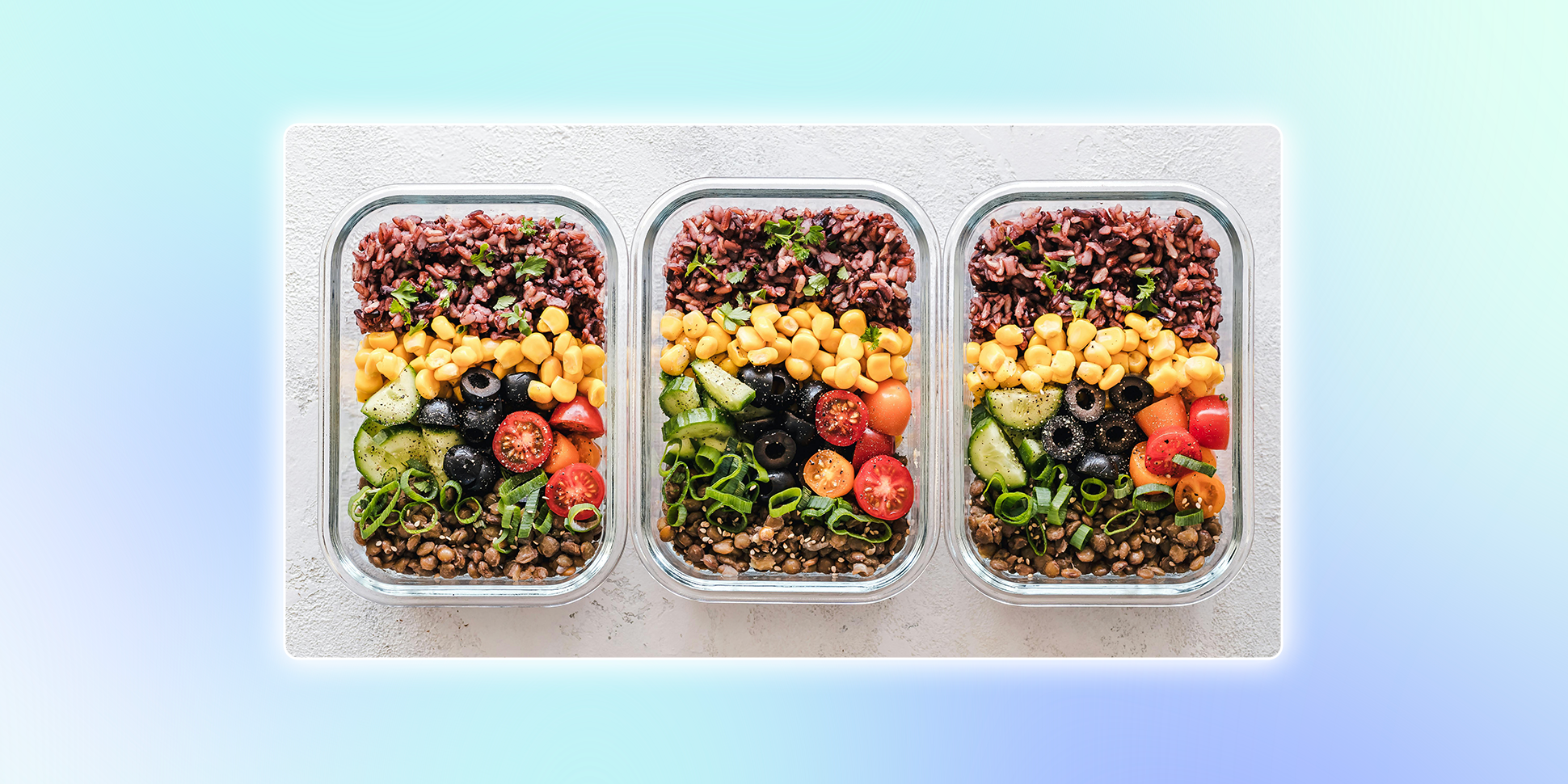



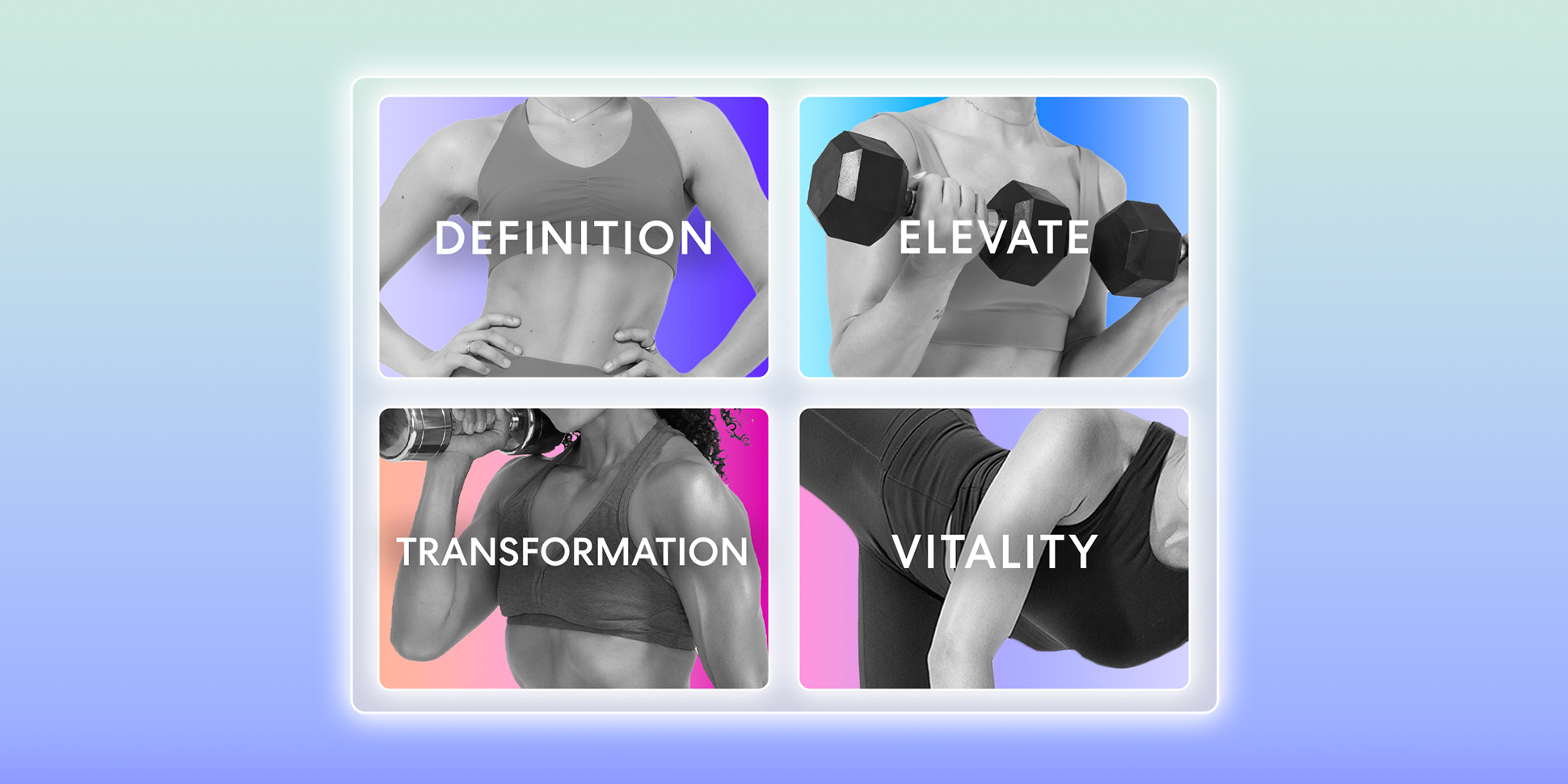

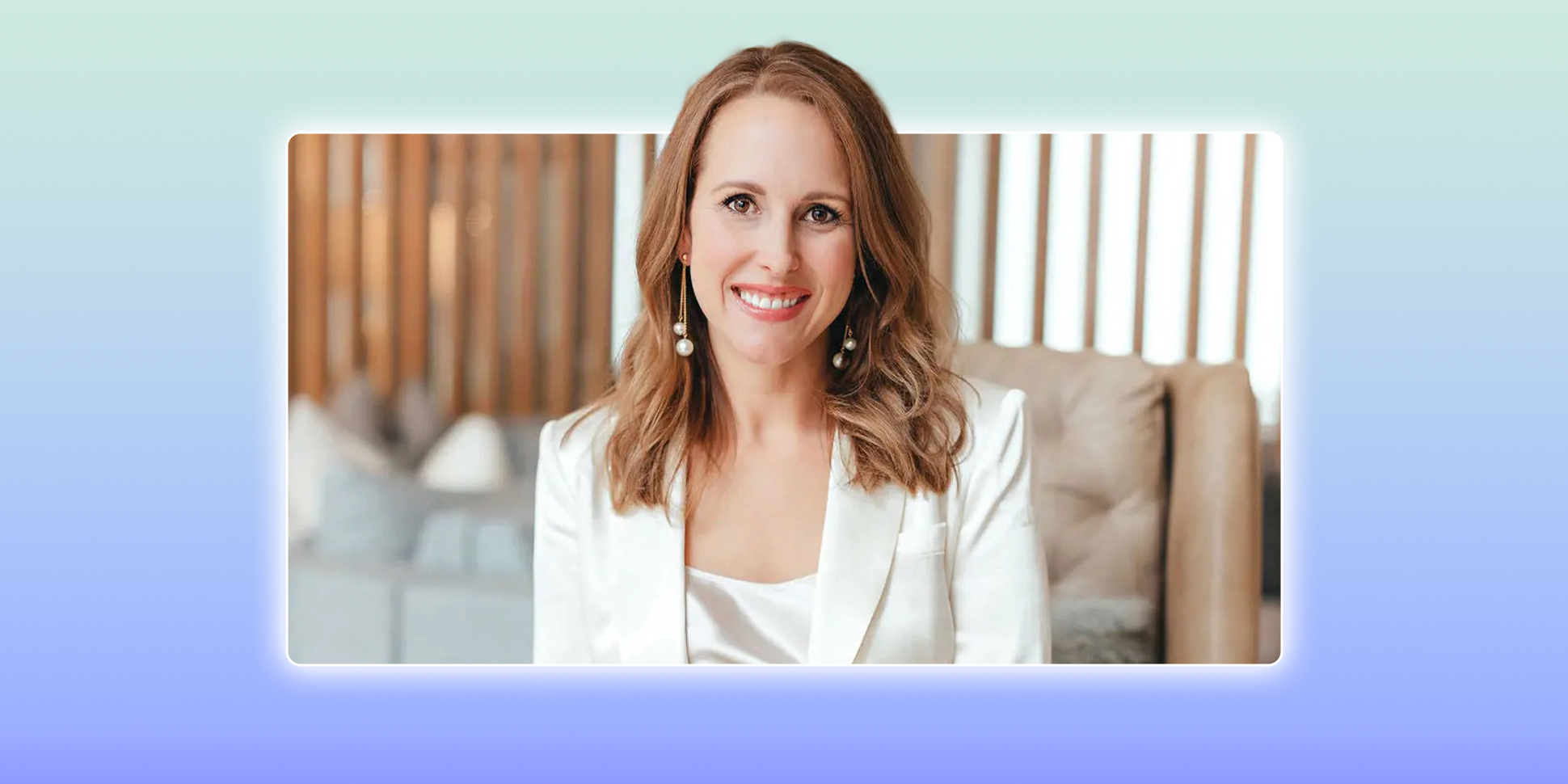


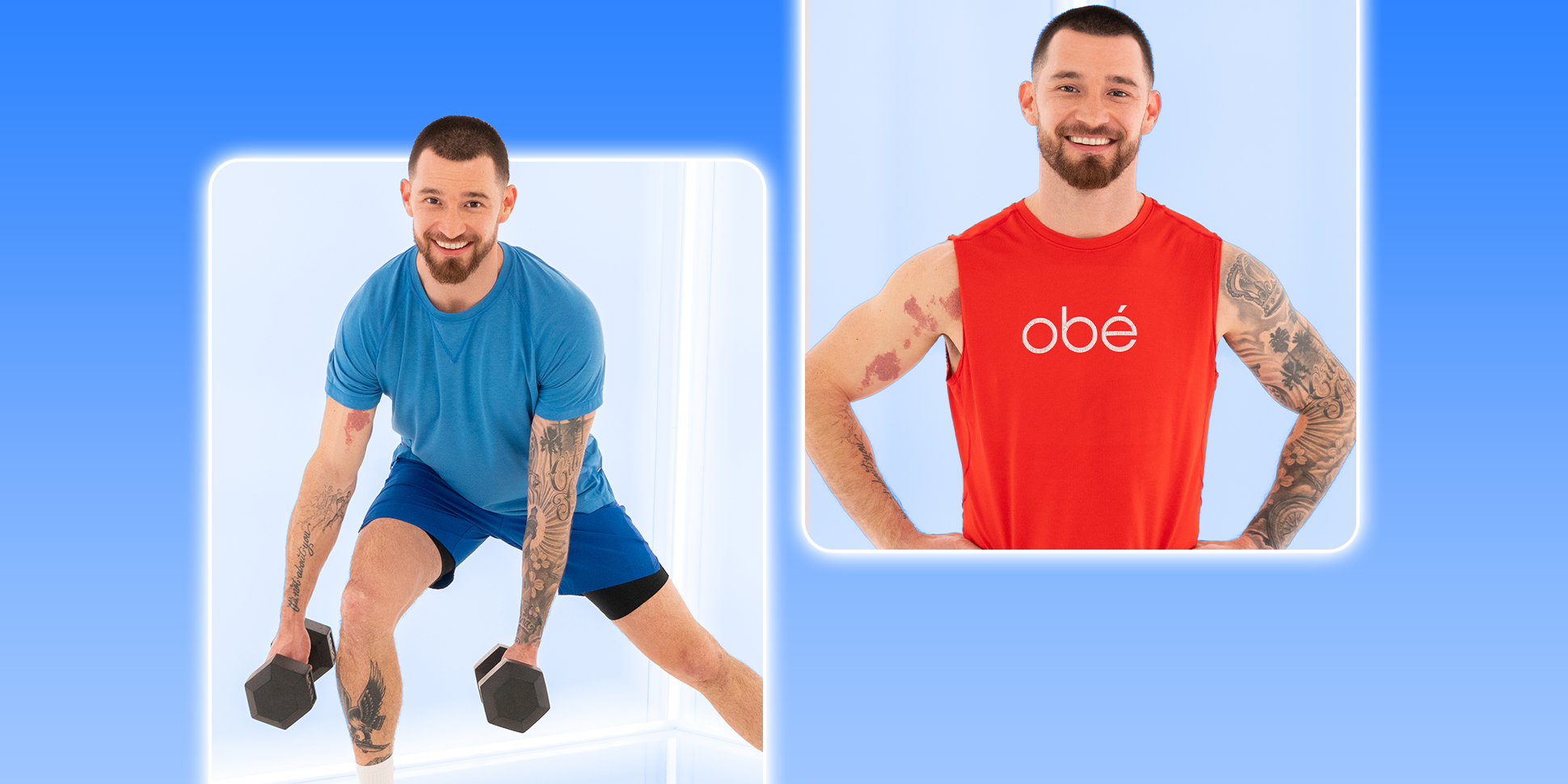

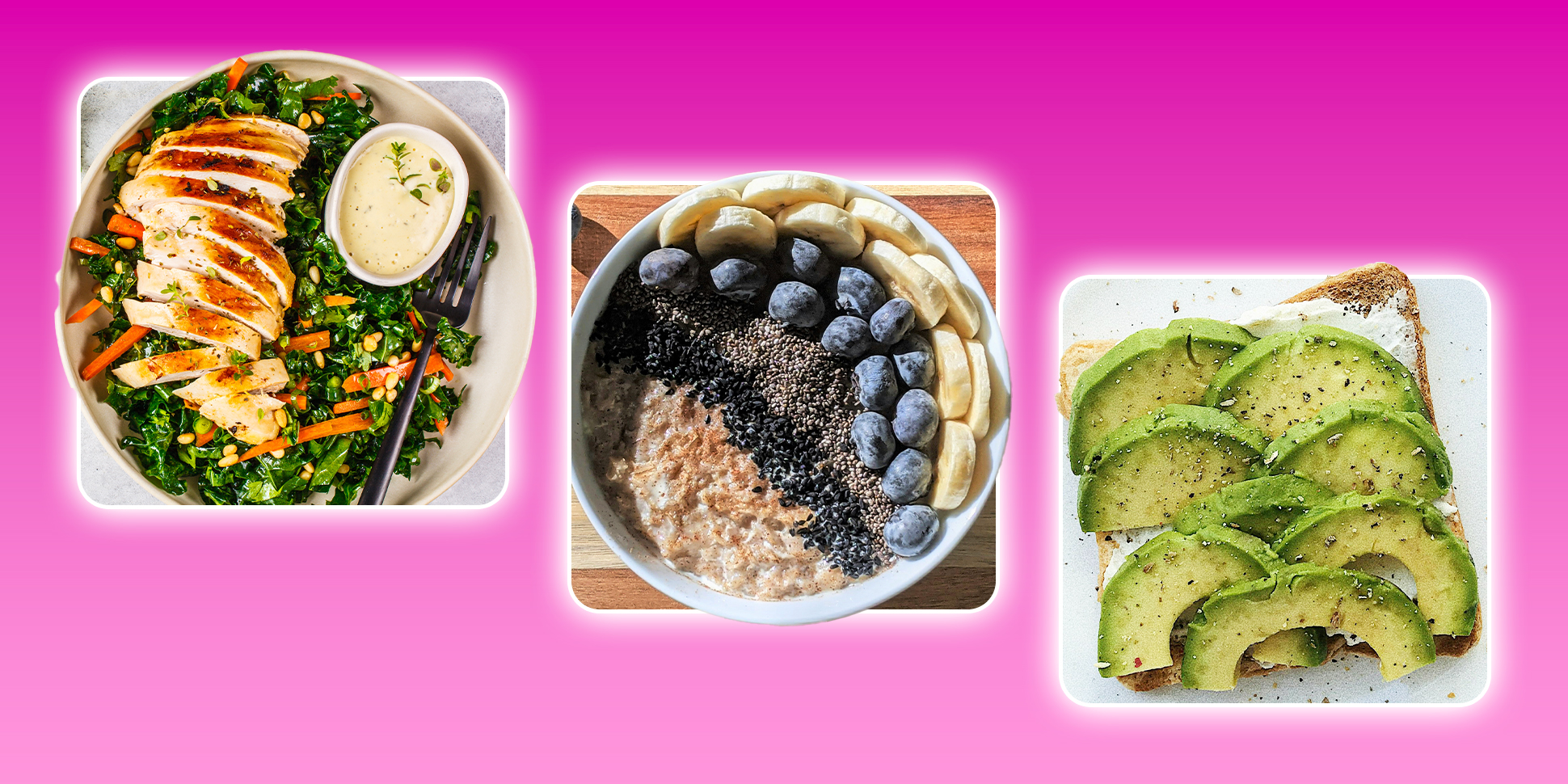



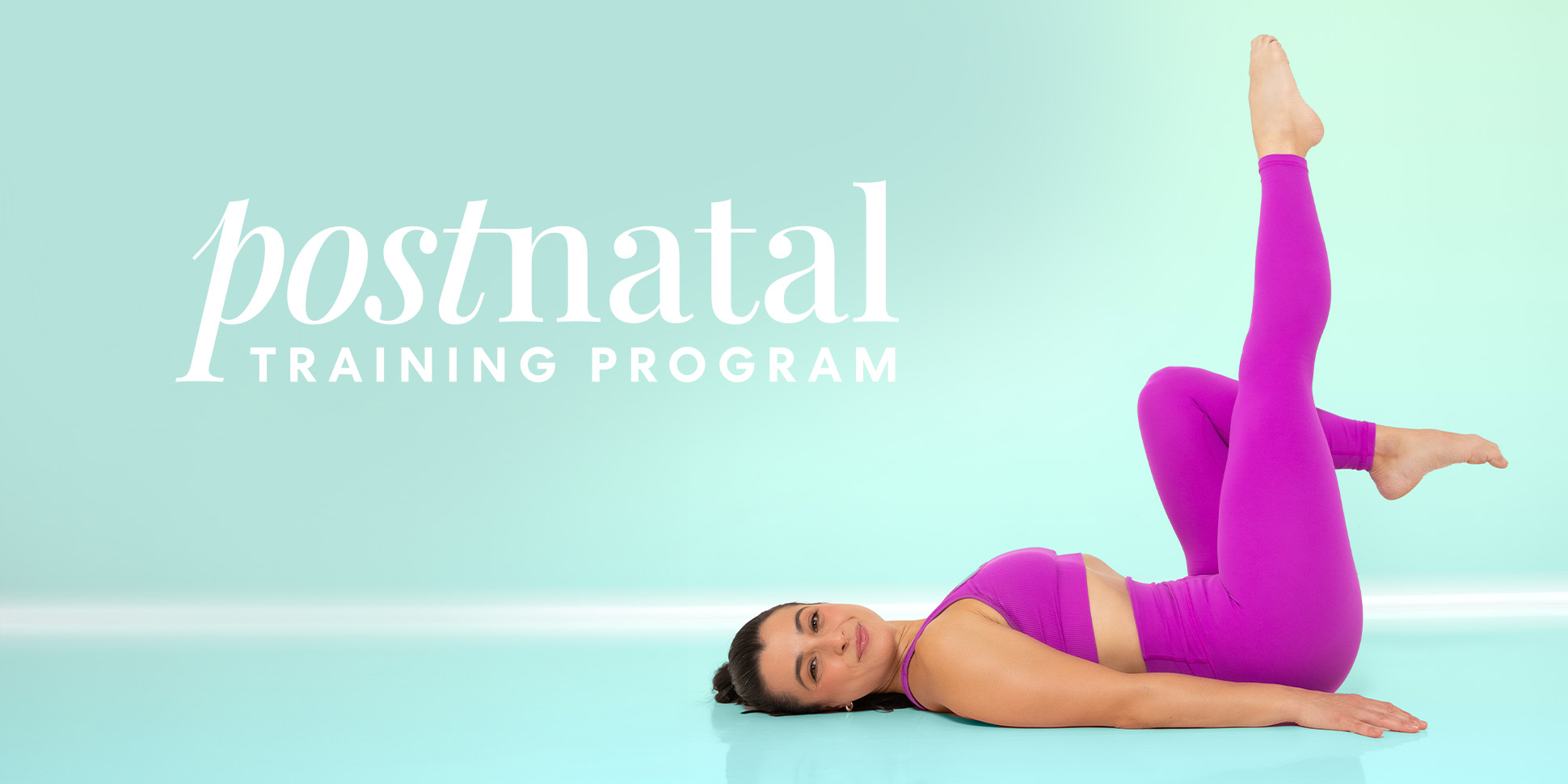
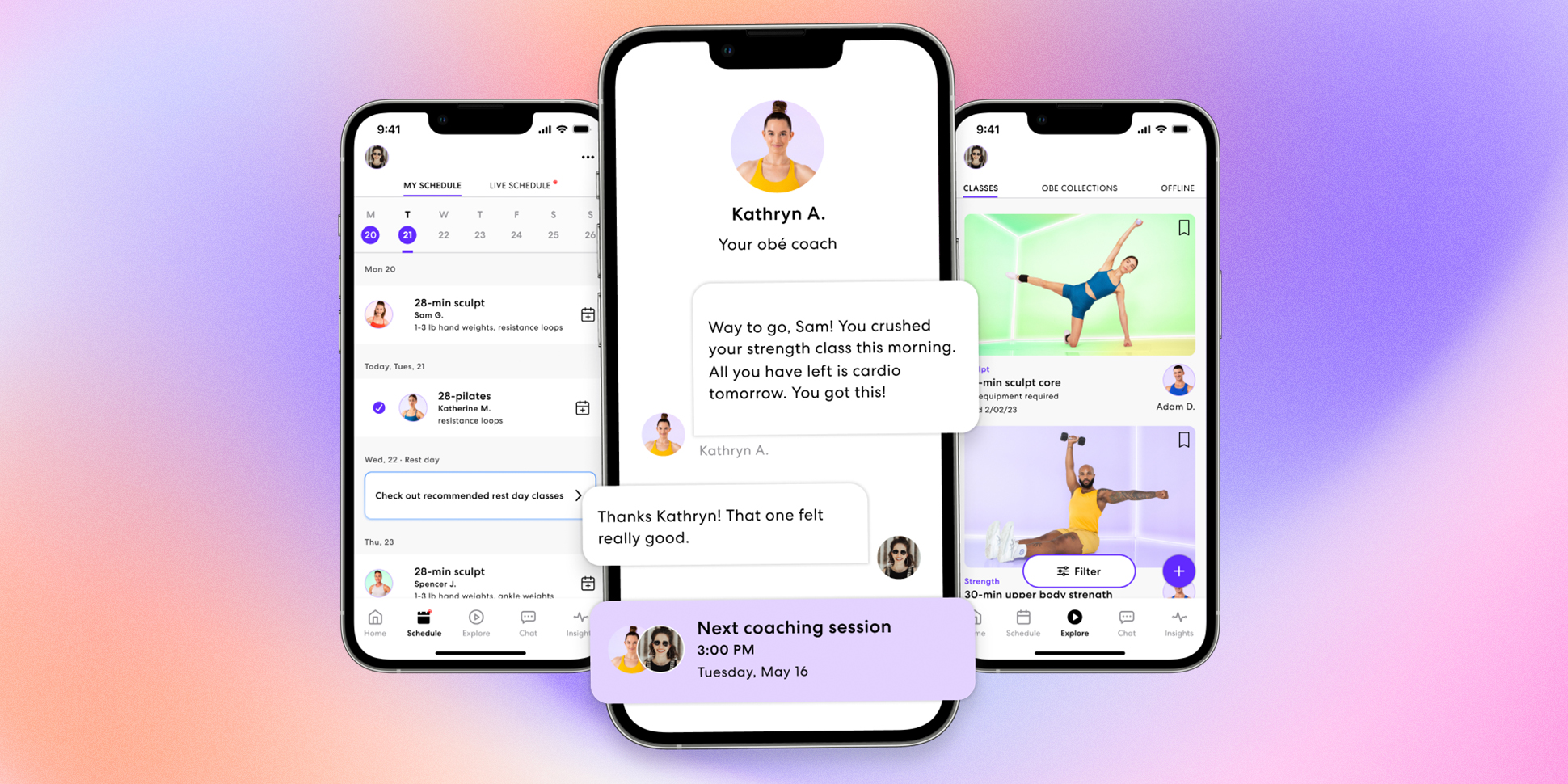




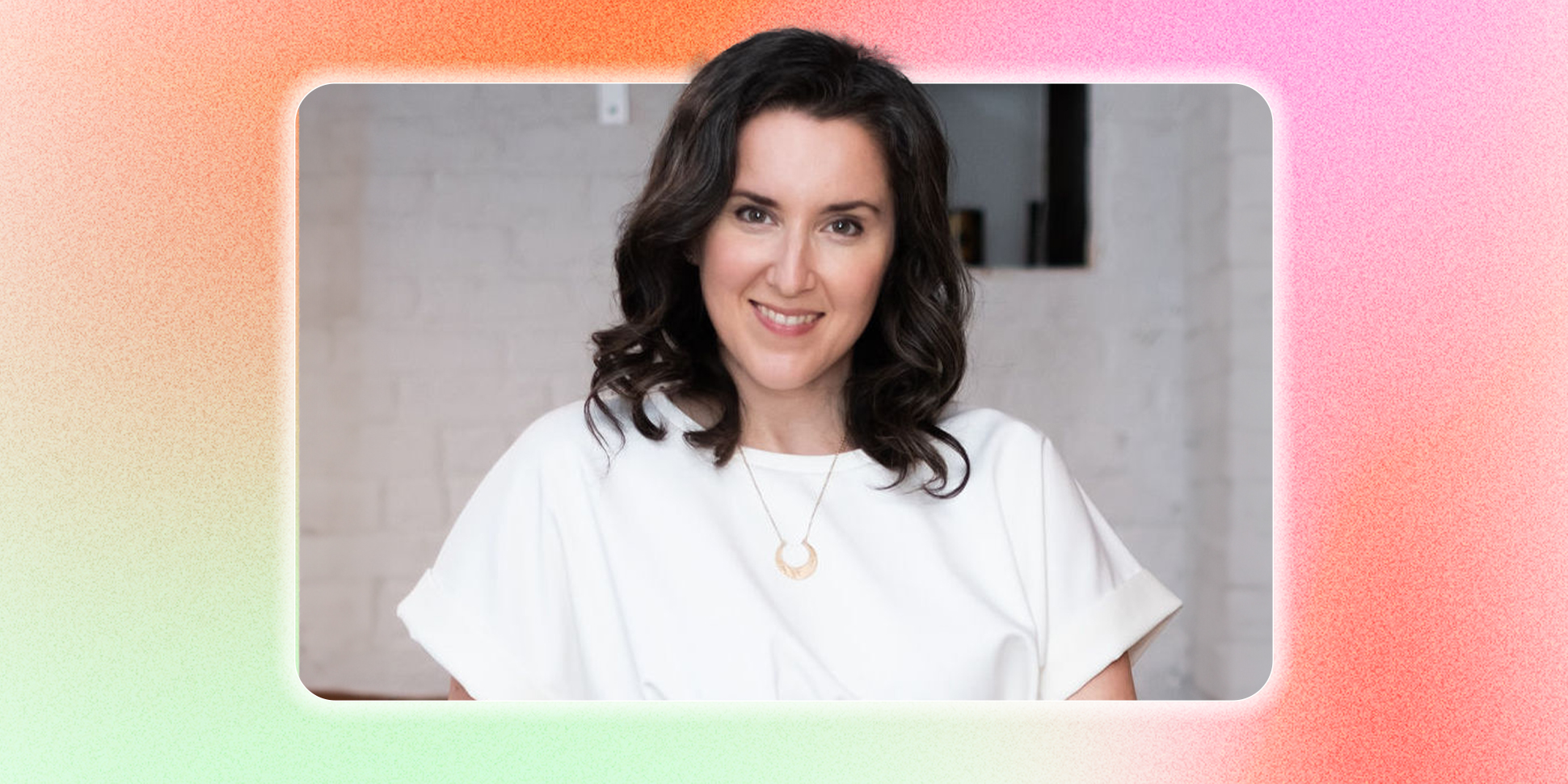



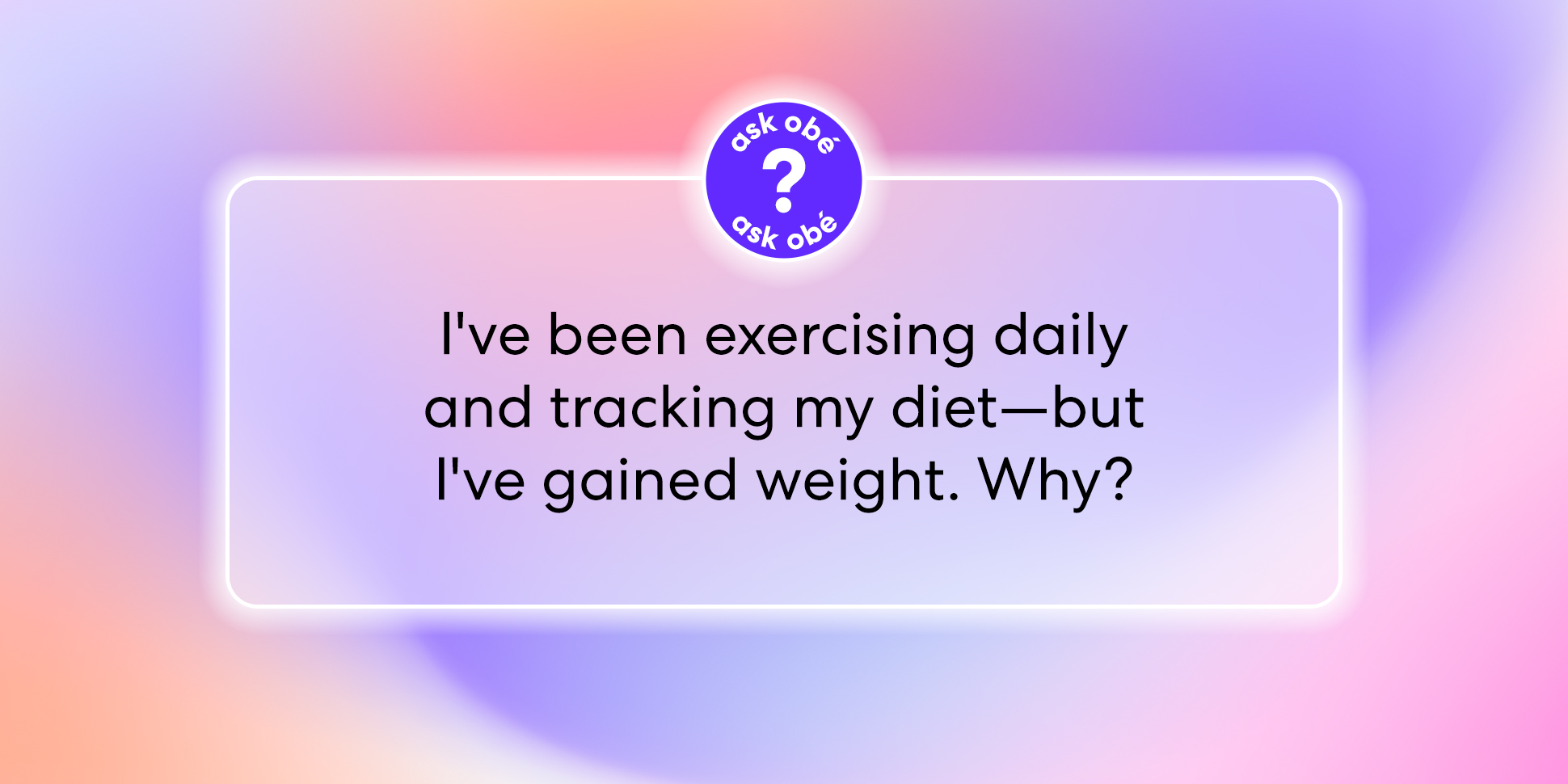
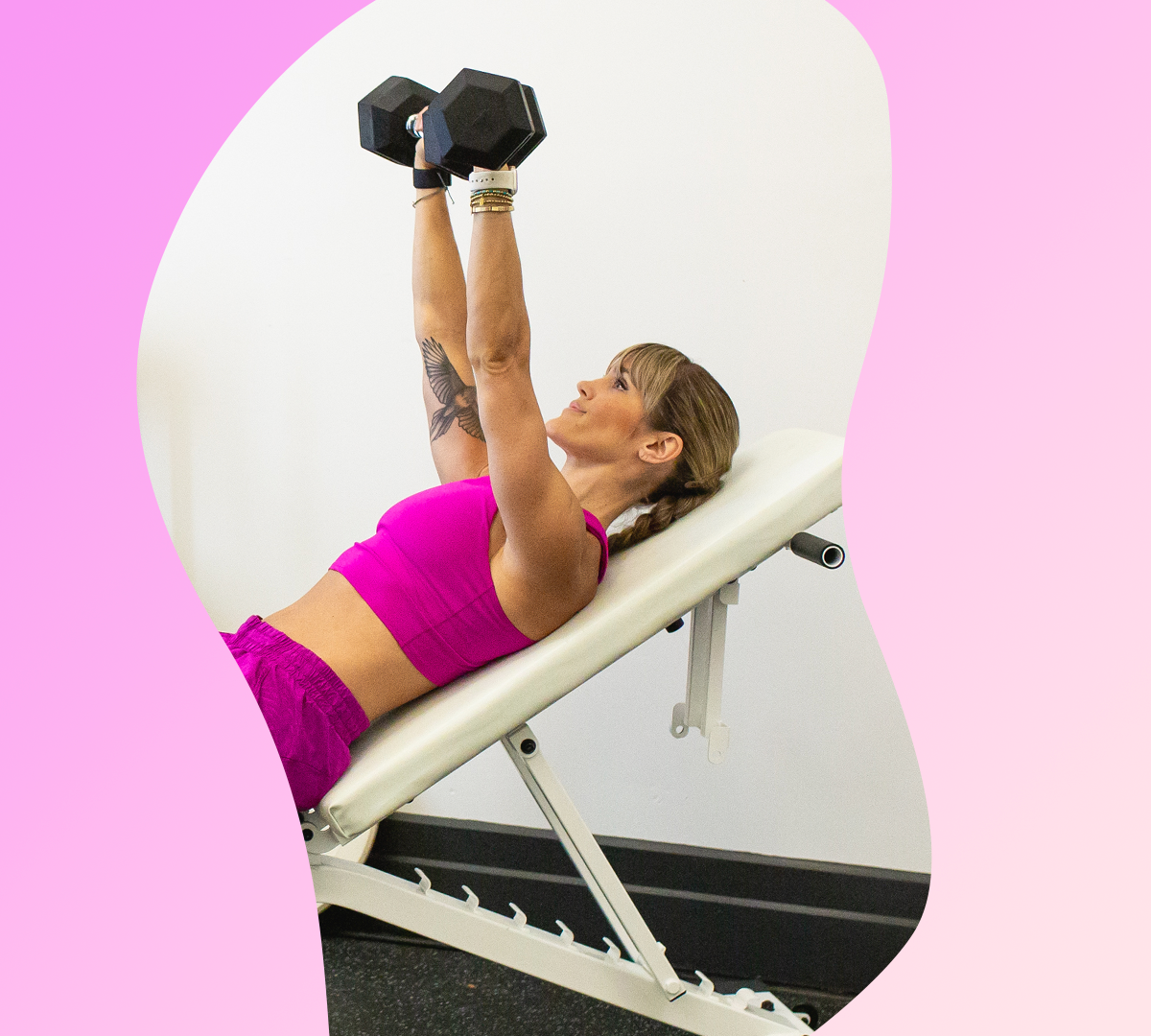










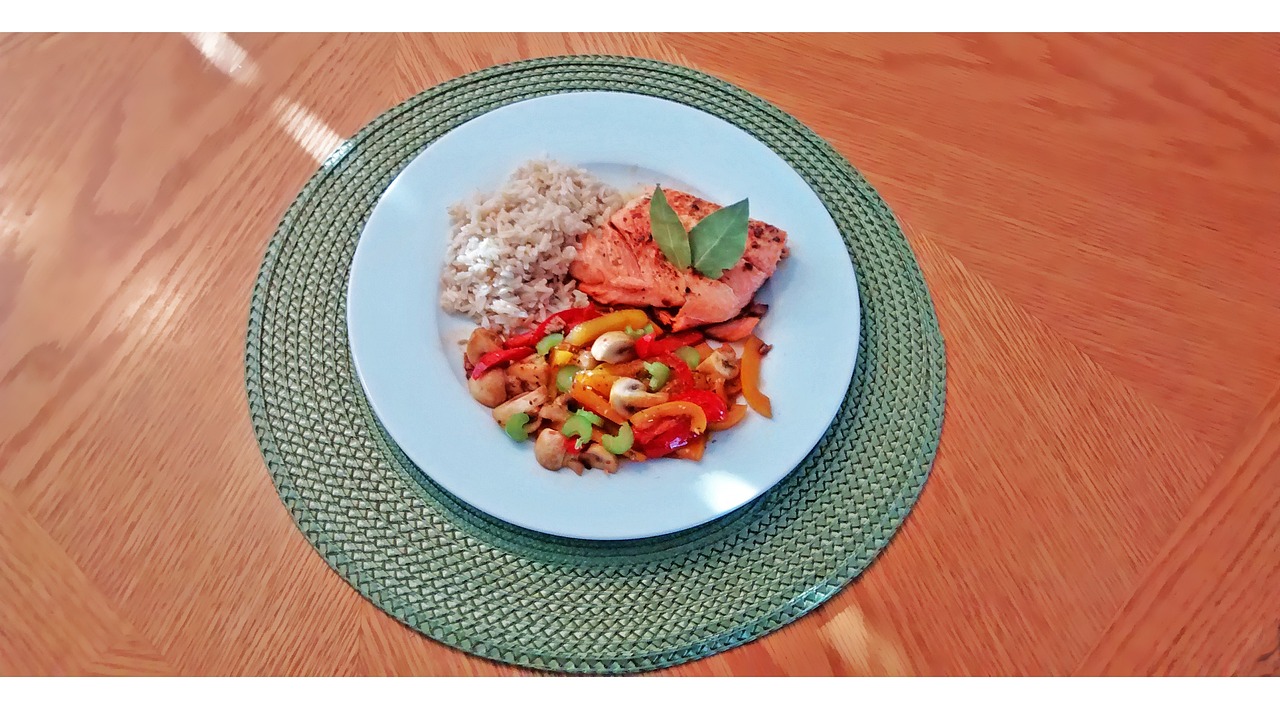





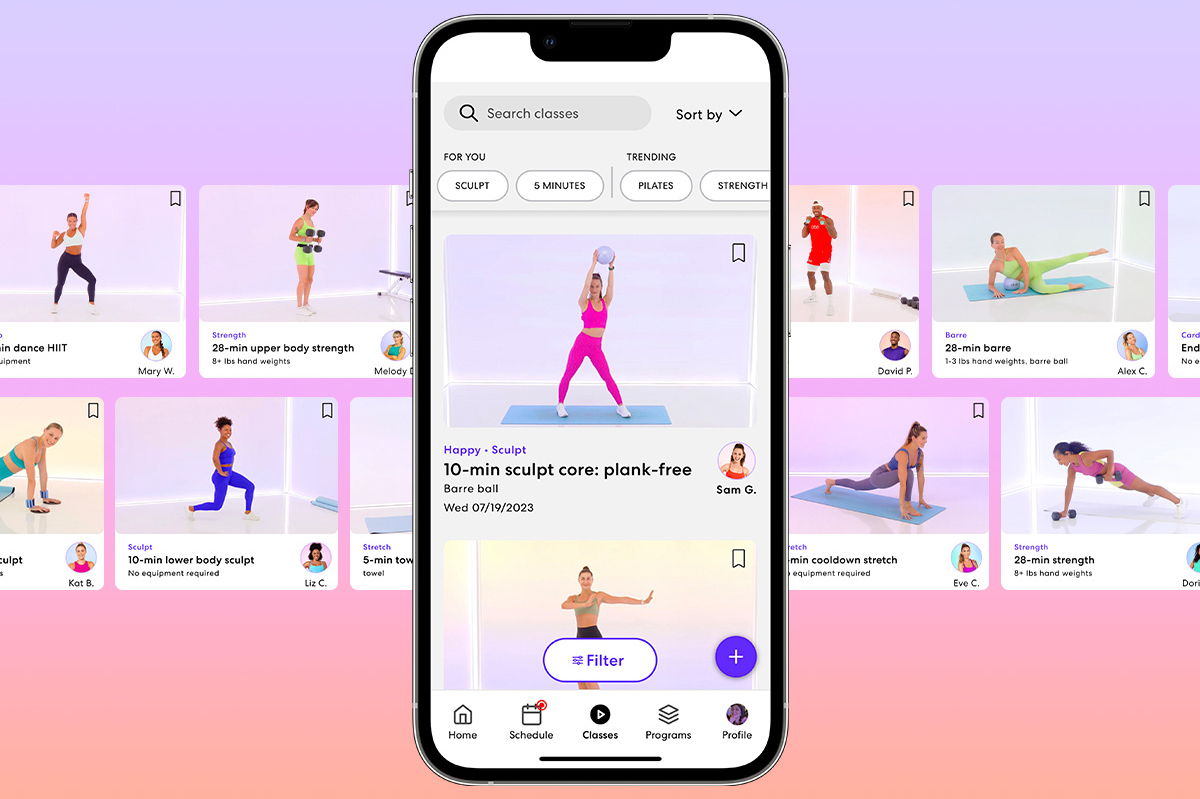







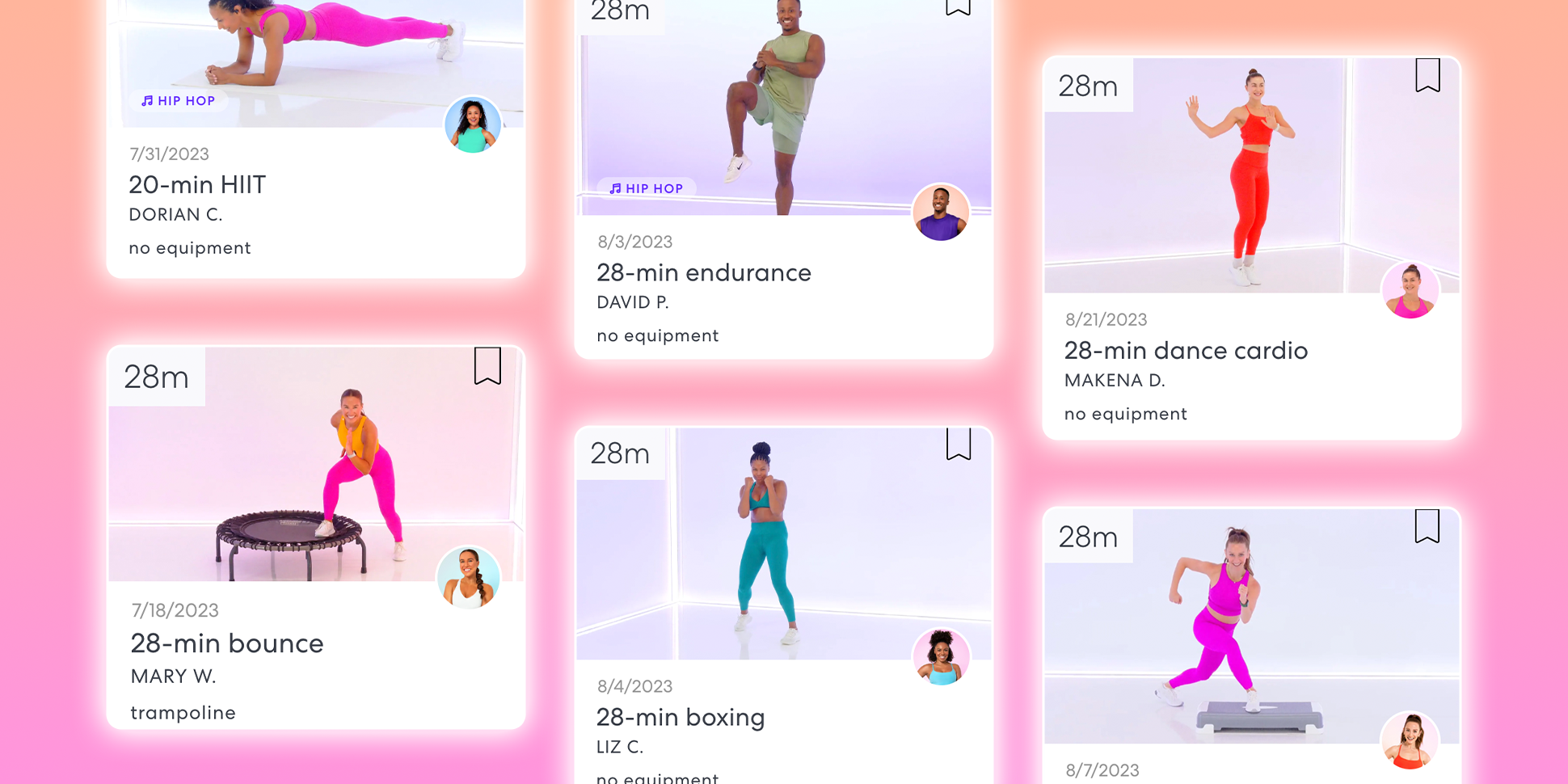






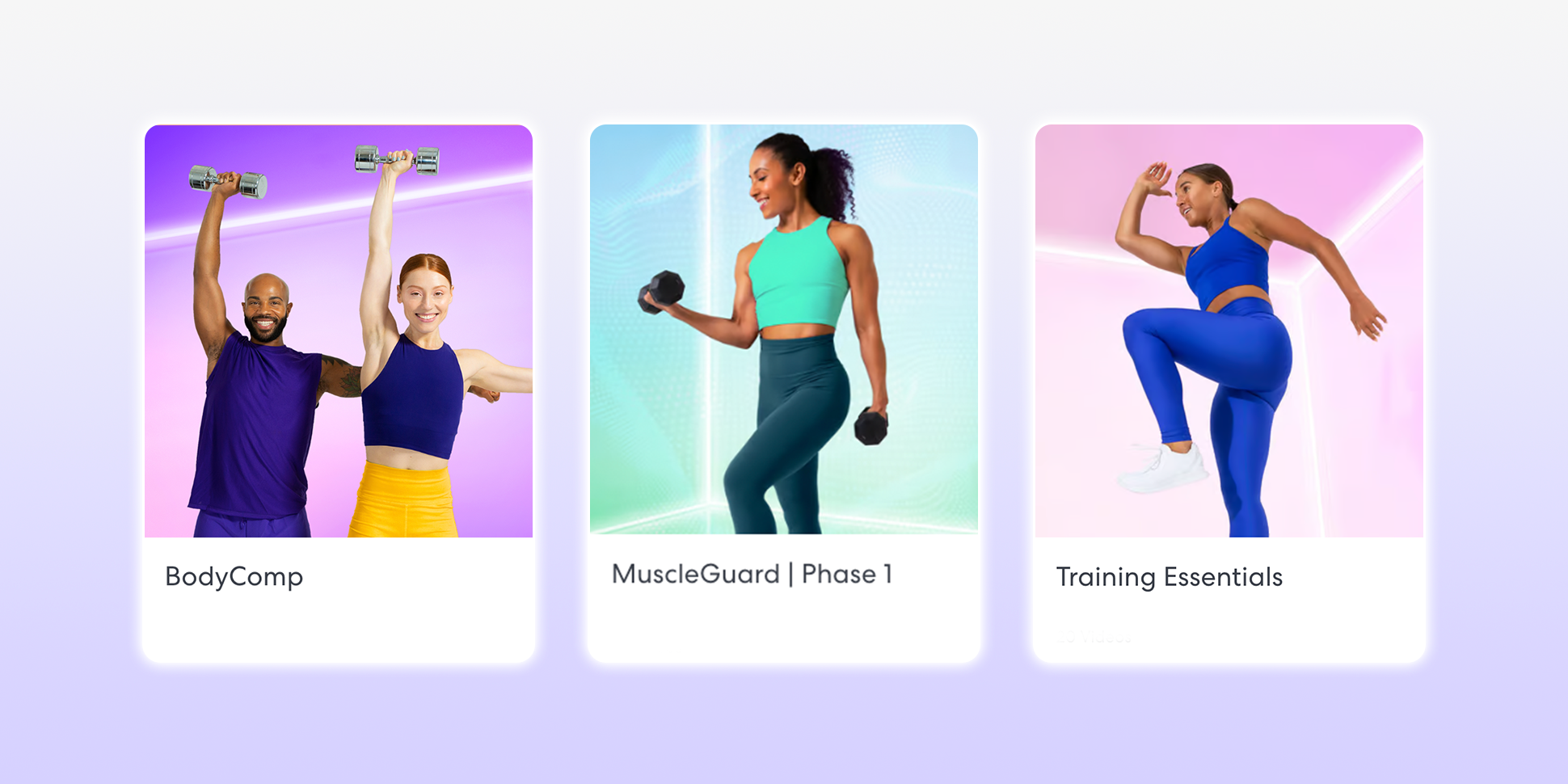


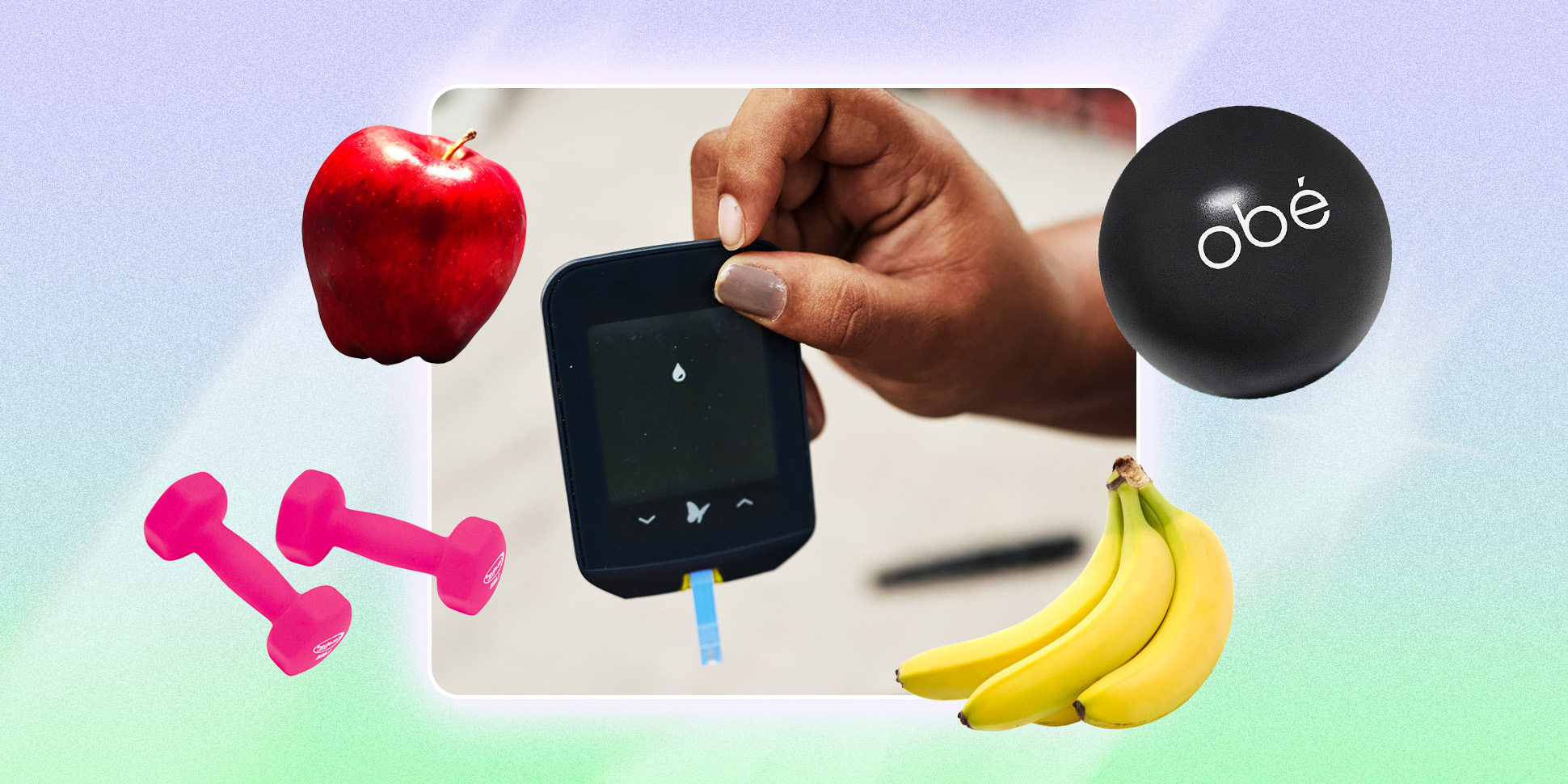


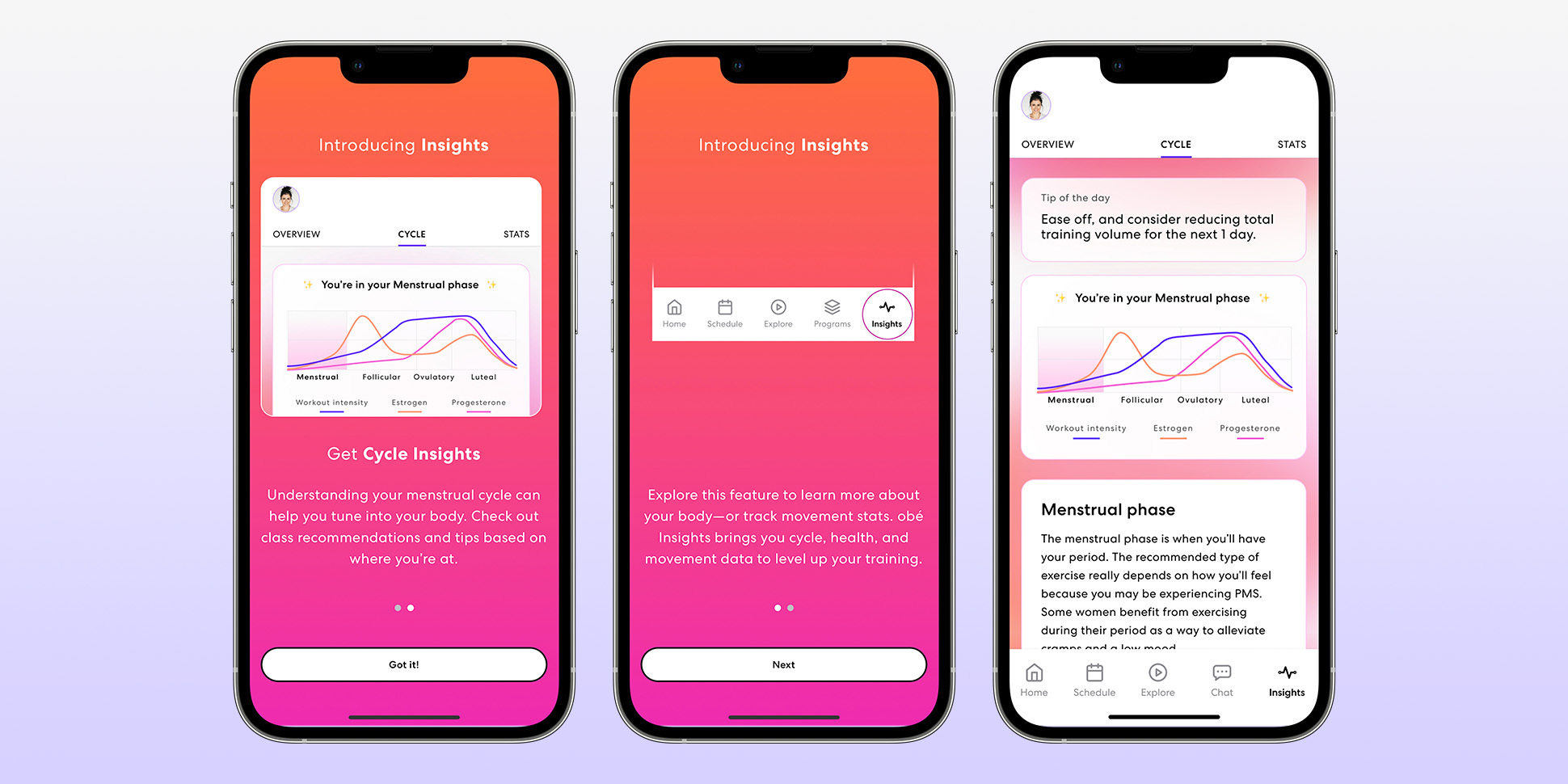

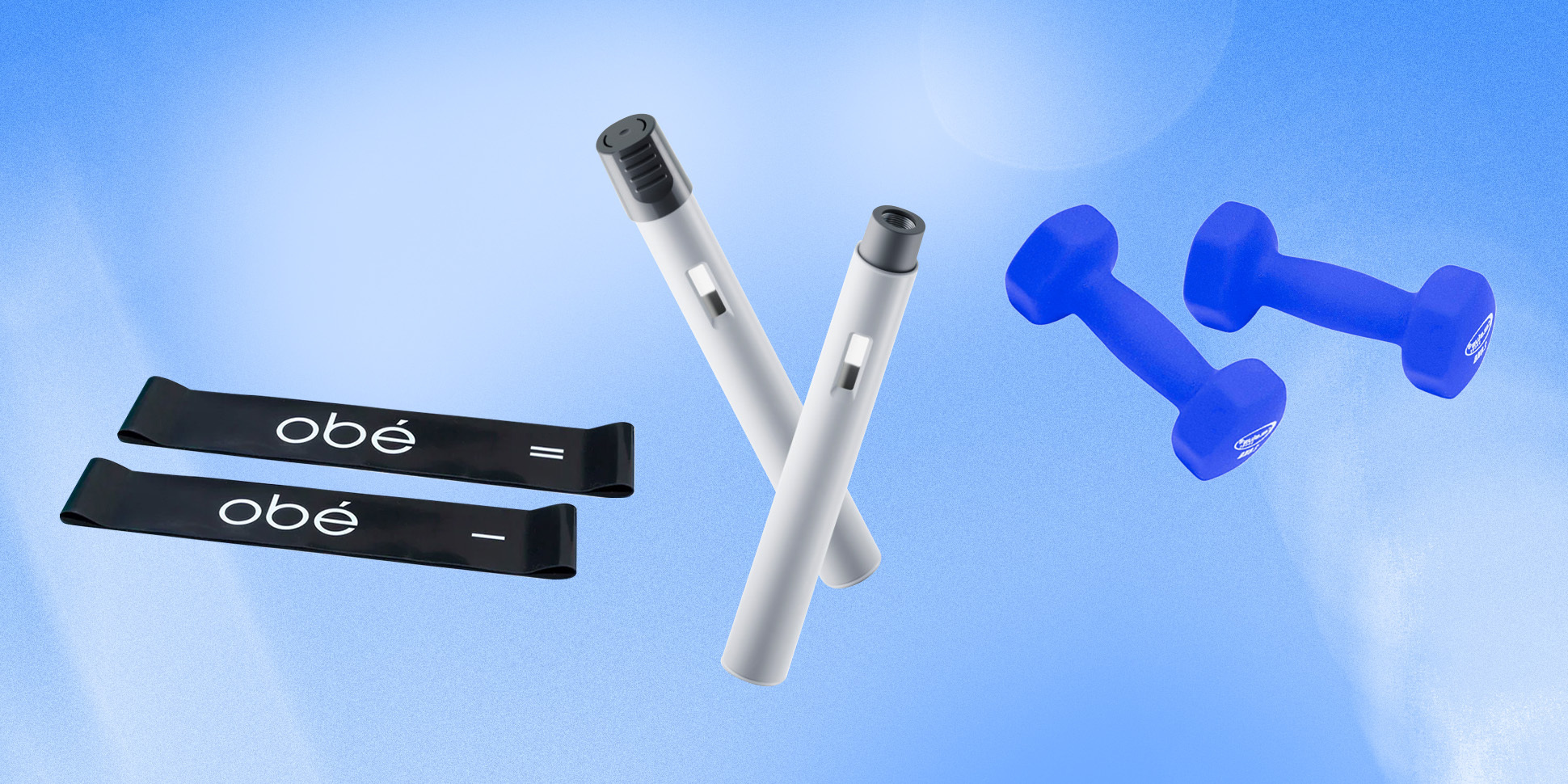


















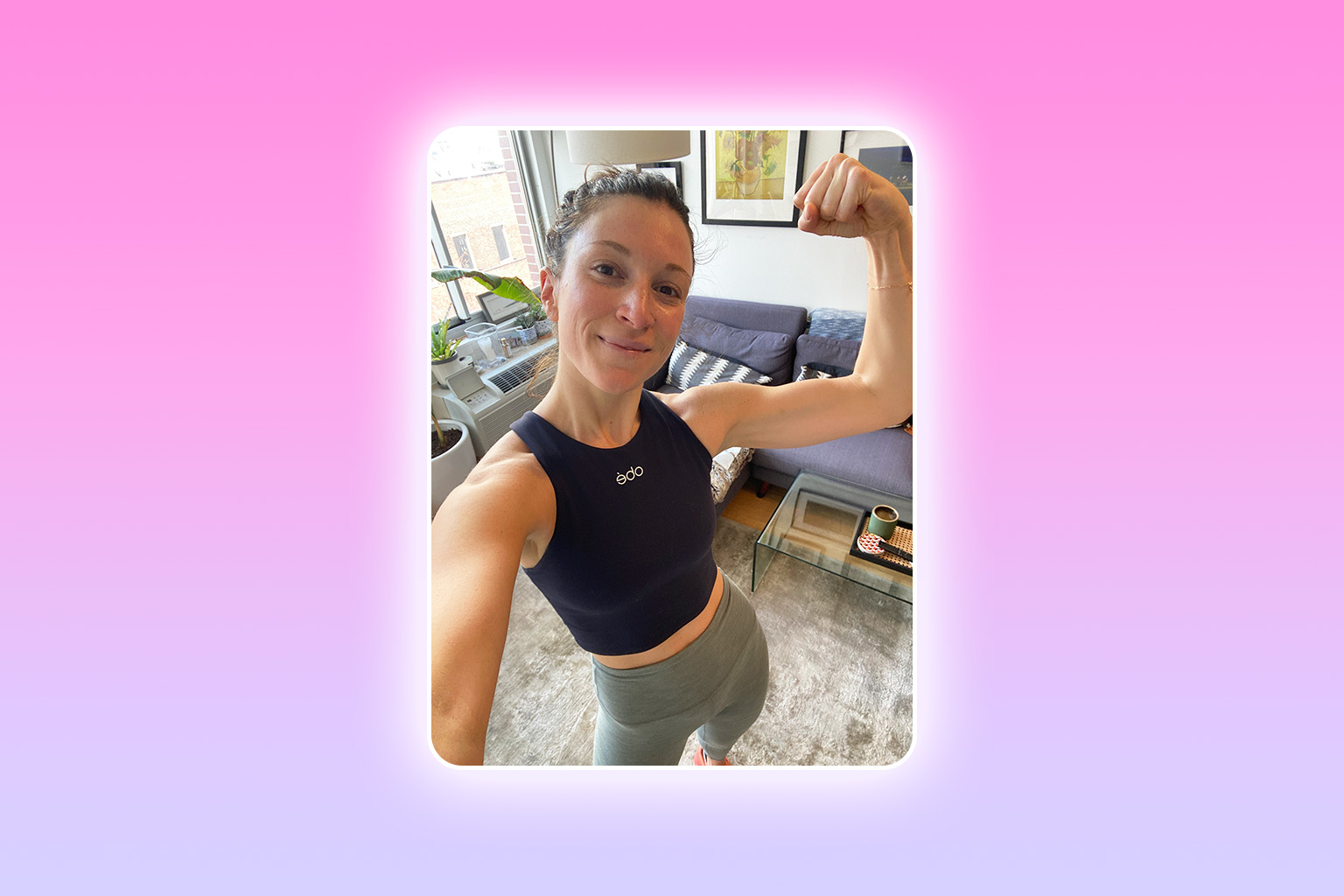








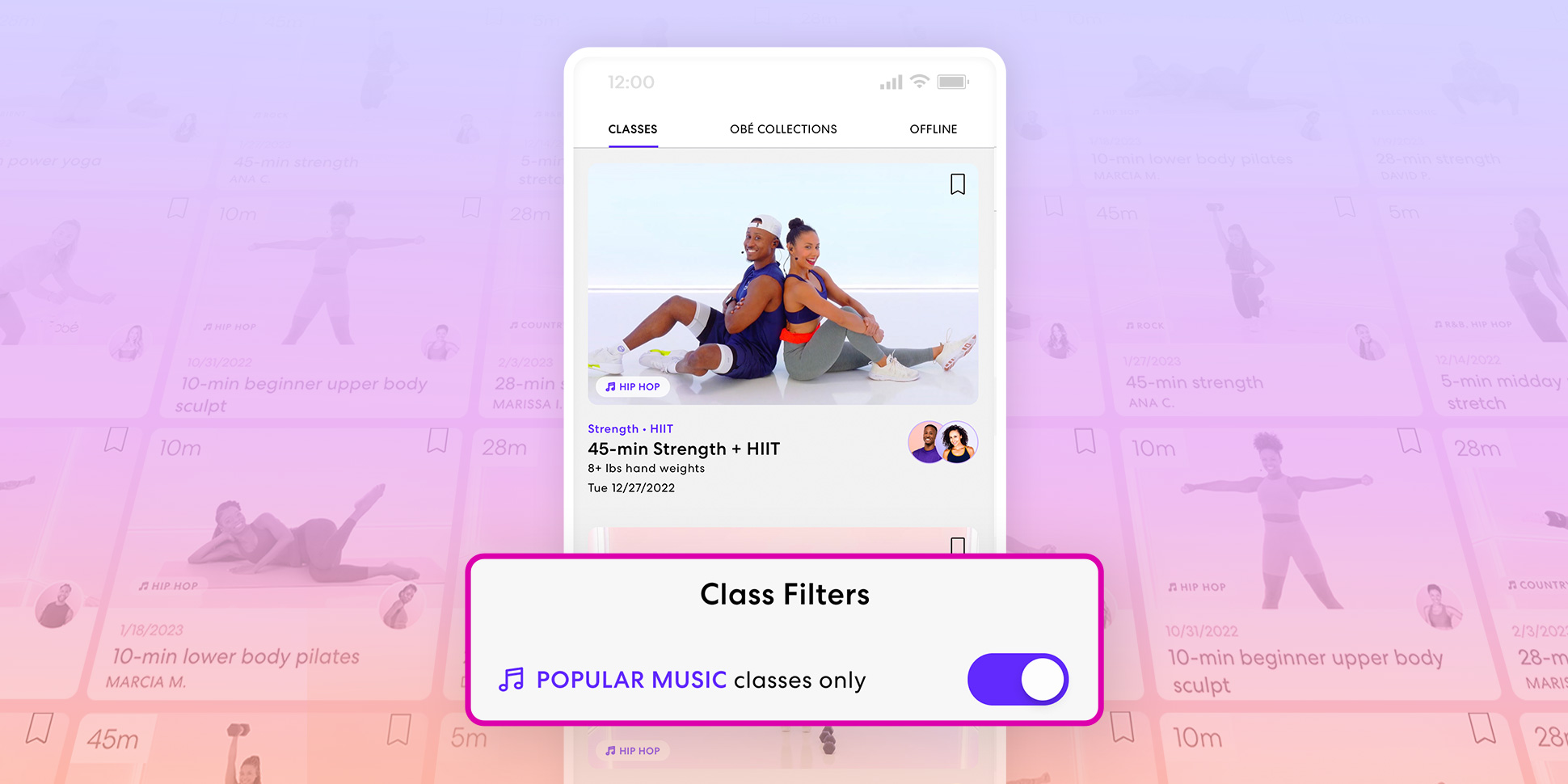












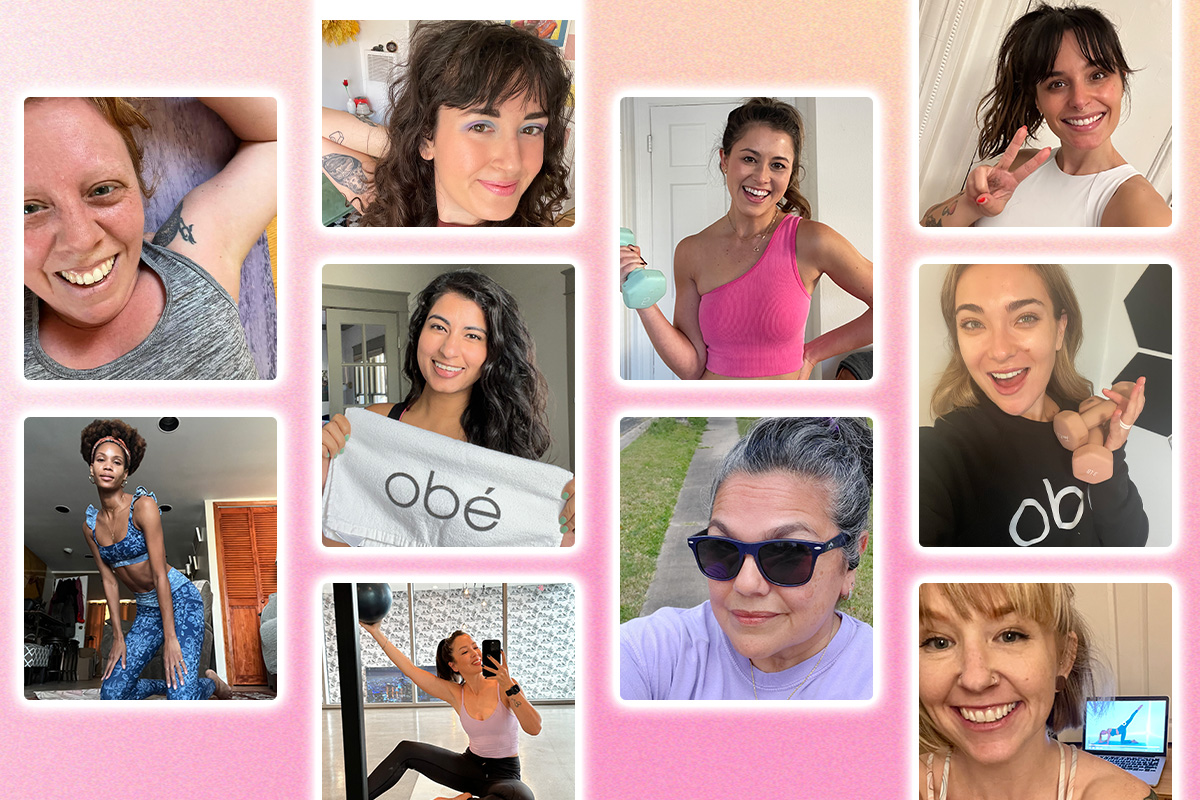




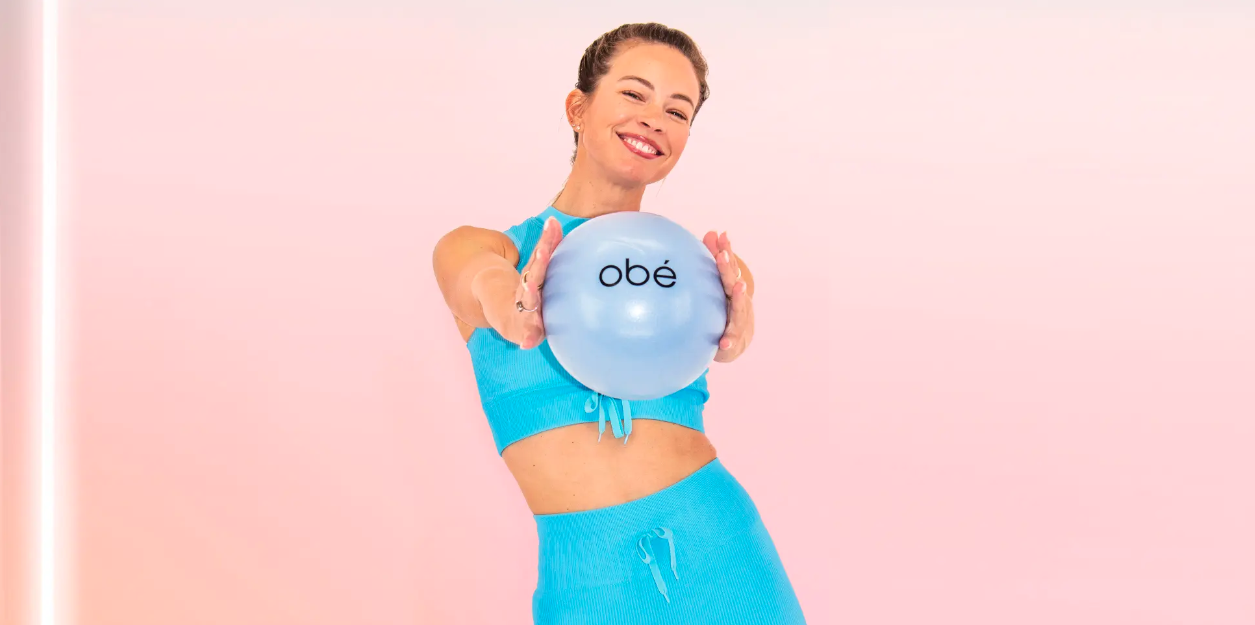







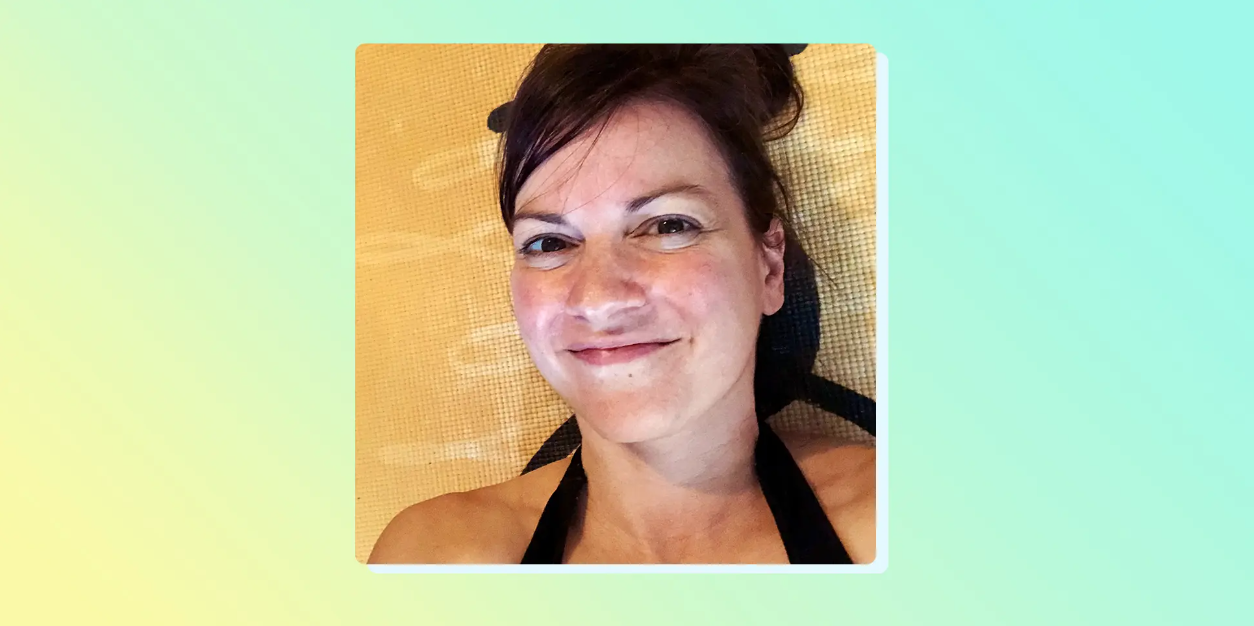

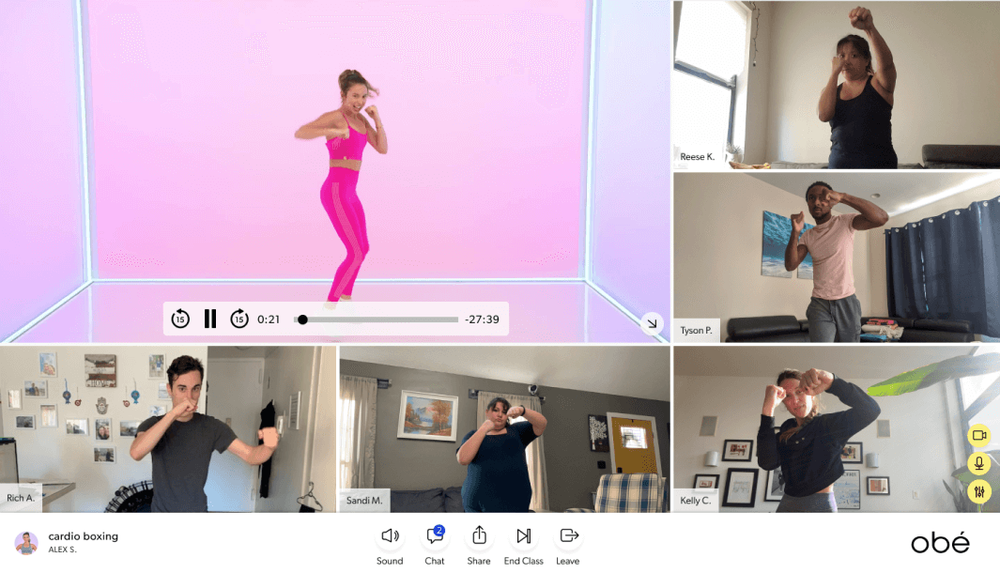

















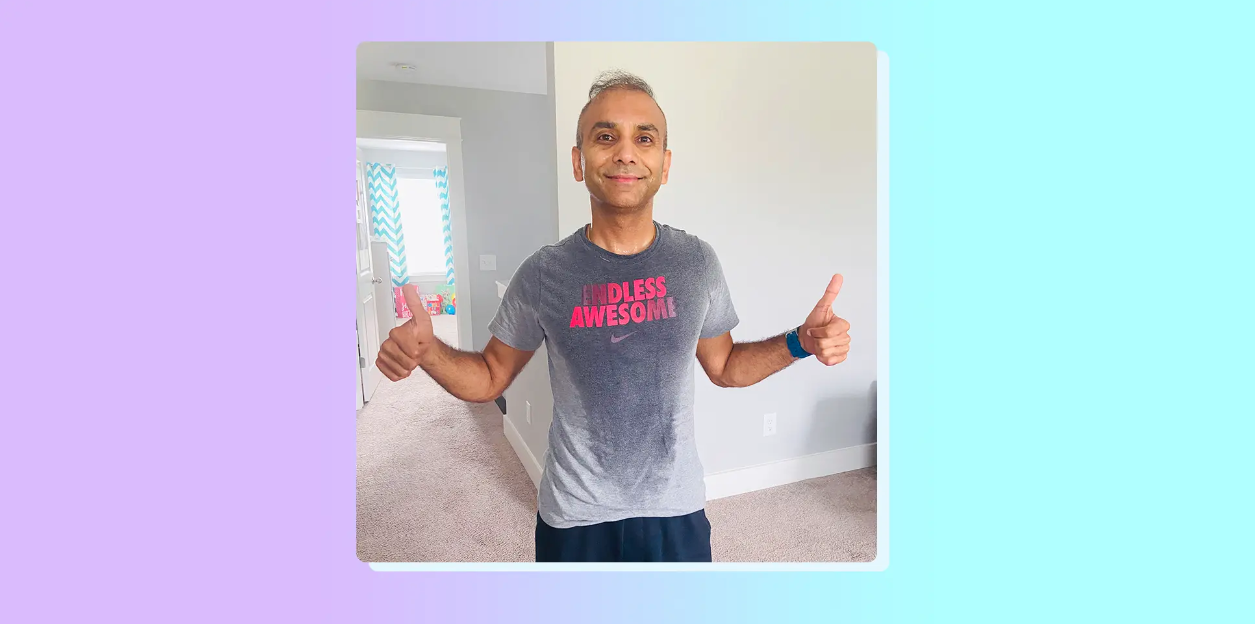

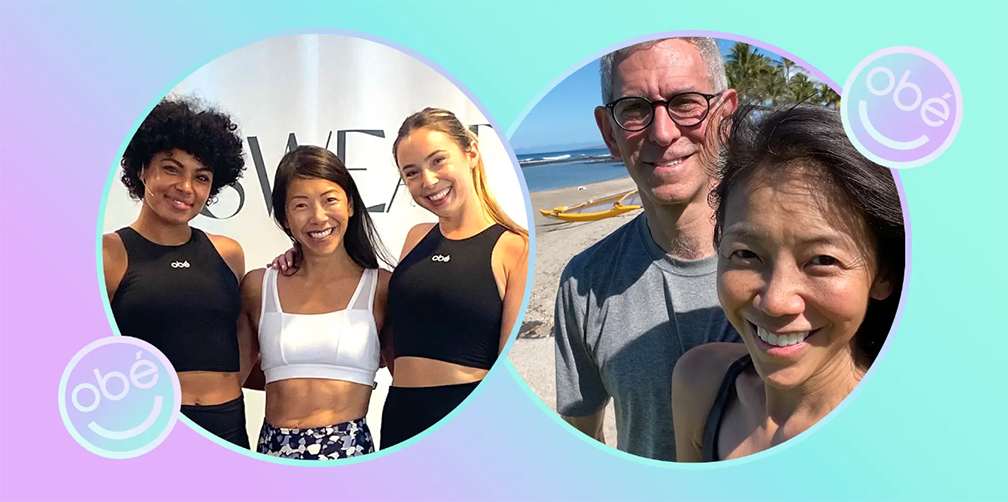







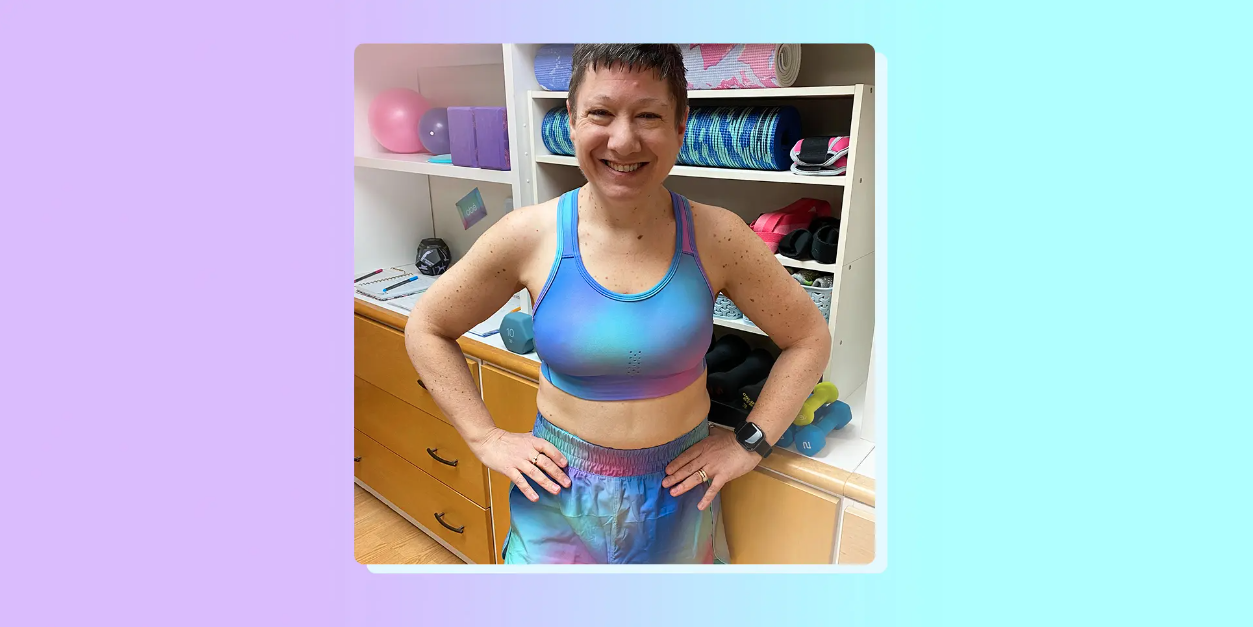





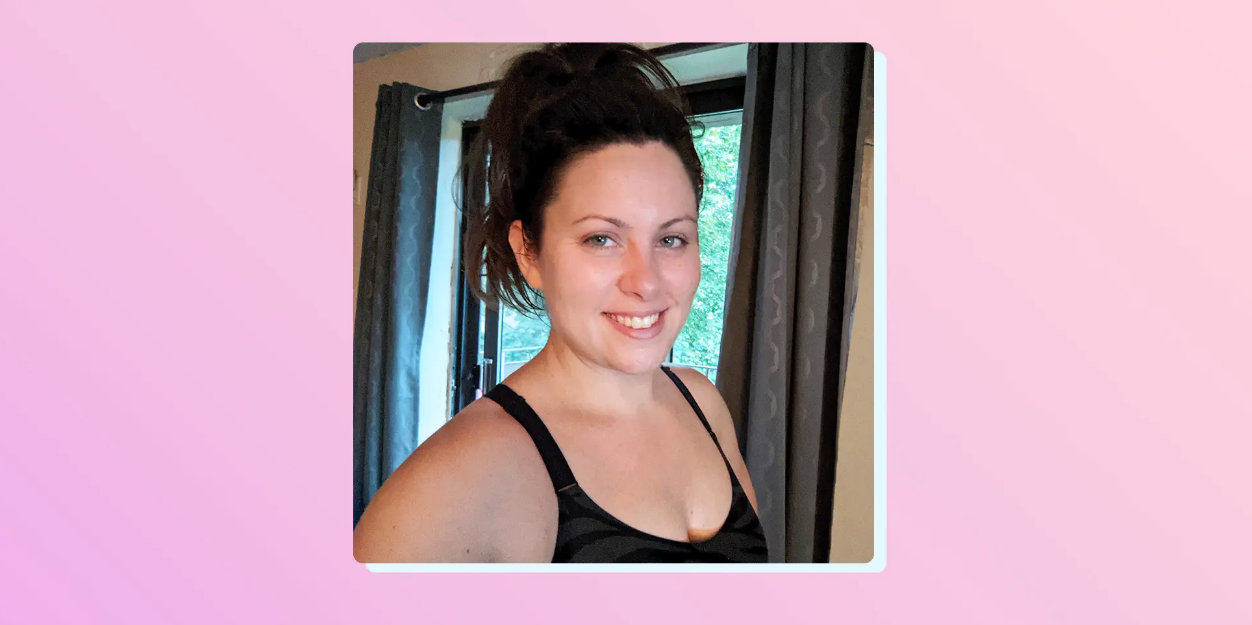
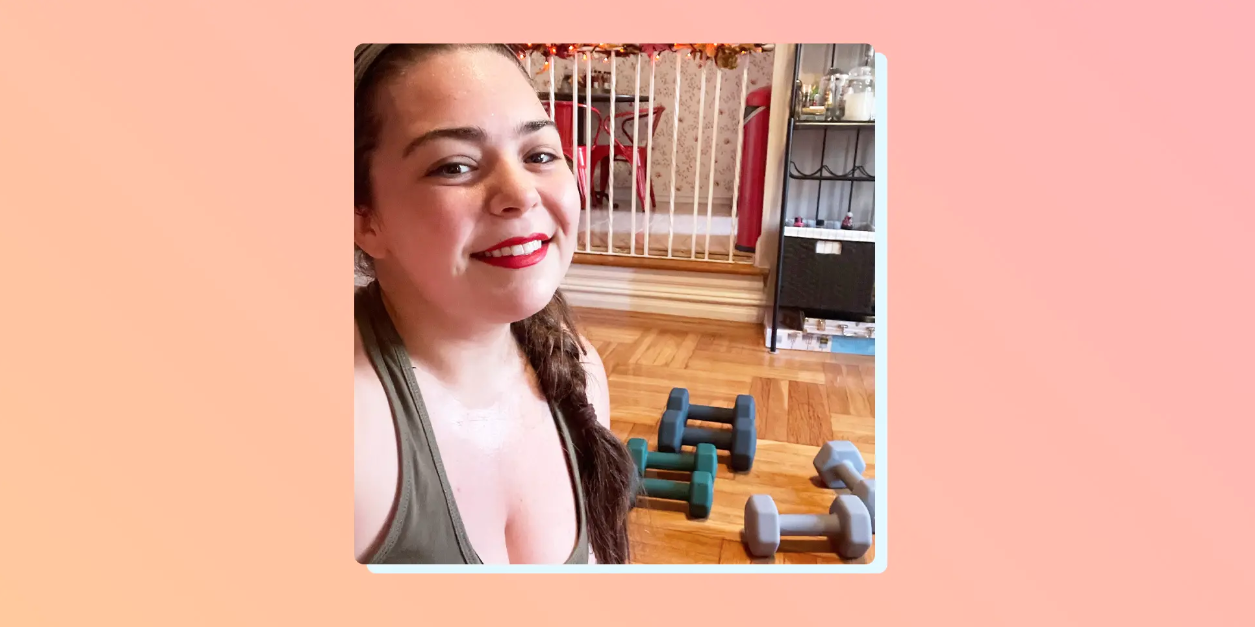









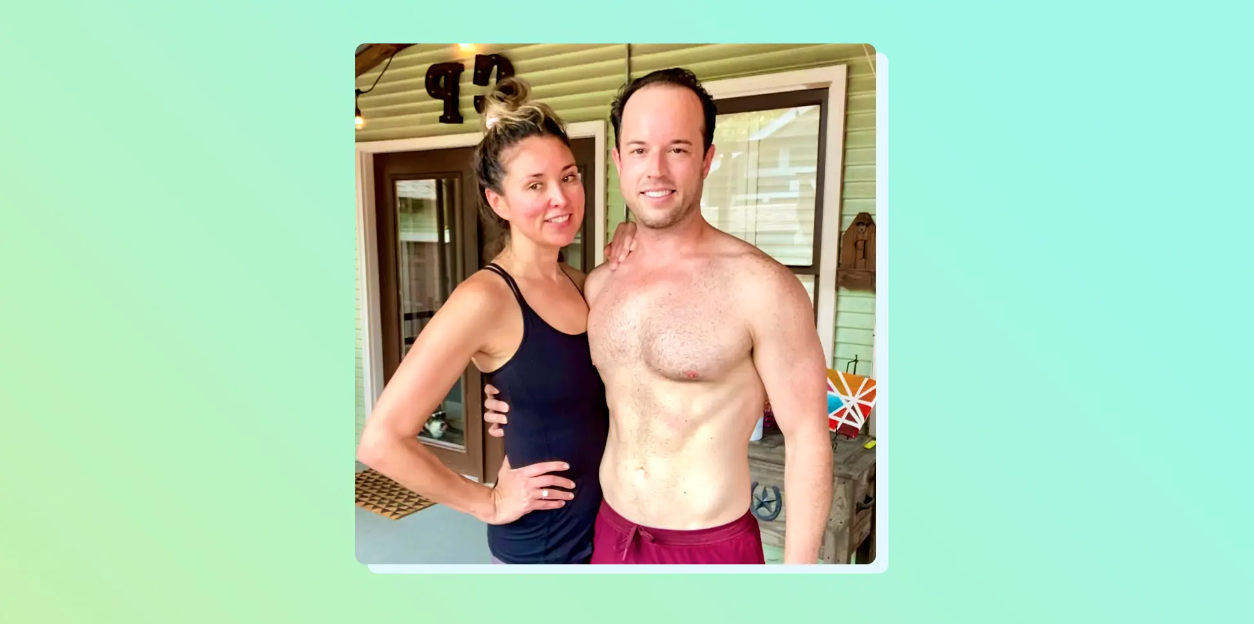
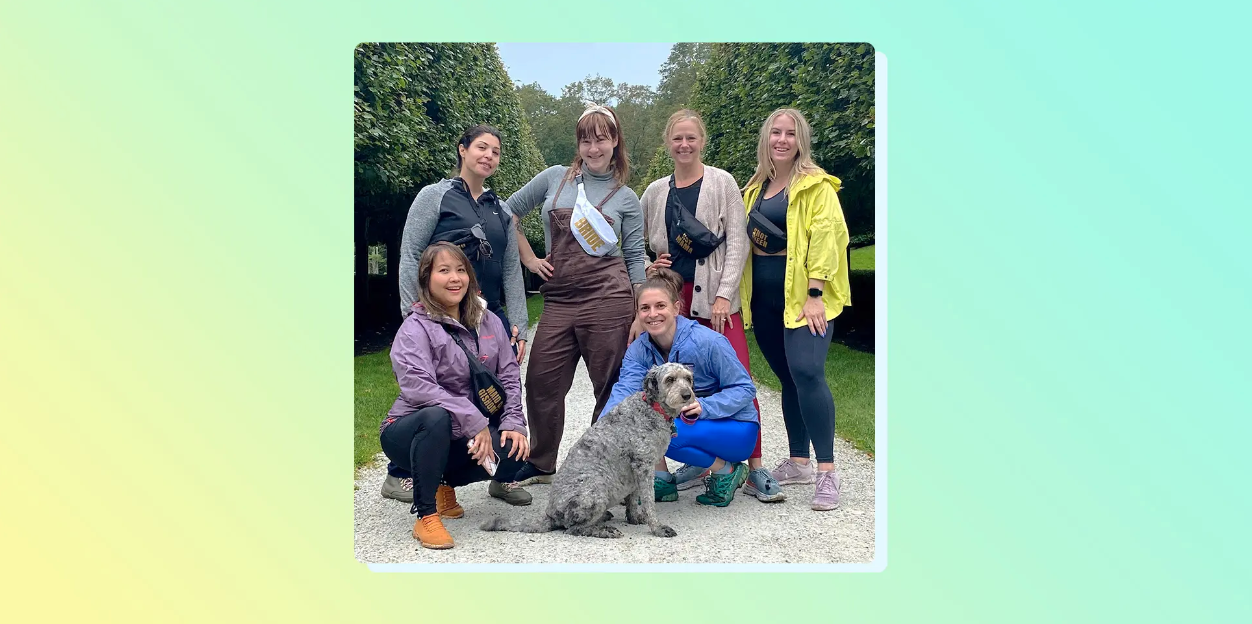









Leave a Reply